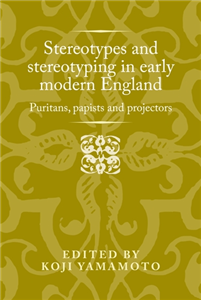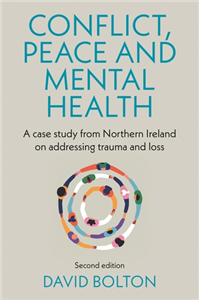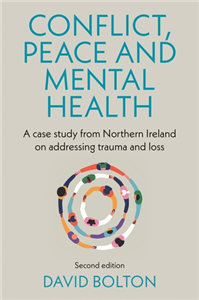Conflict, peace and mental health
Addressing the consequences of conflict and trauma in Northern Ireland
by David Bolton
What are the human consequences of conflict and what are the appropriate service responses? This book seeks to provide an answer to these important questions drawing upon over 25 years work by the author in Northern Ireland and elsewhere. Focussing on the work undertaken following the Omagh bombing the book describes how needs were assessed and understood, how evidence-based services were put in place and the training and education programmes that were developed to assist first those communities affected by the Omagh bombing and later the wider population affected by the years of conflict. The author places the mental health needs of conflict affected communities at the heart of the political and peace processes that follow. This is a practical book and will be of particular interest to those planning for and responding to conflict-related disasters, policy makers, service commissioners and providers, politicians, civil servants and peace makers.



















